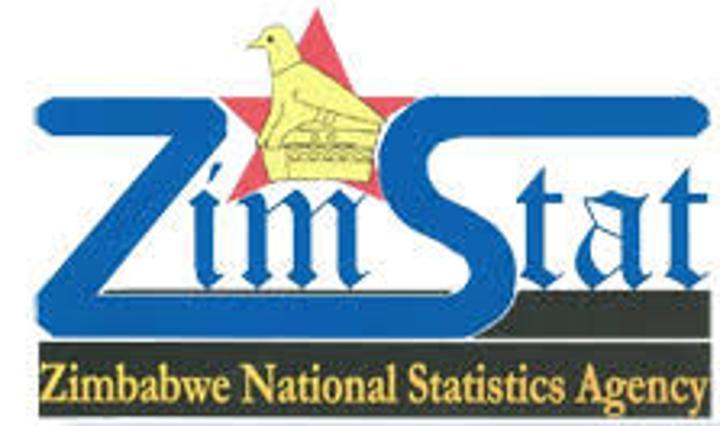Africa-Press – Zimbabwe. ZIMBABWE’S economy is 76% informalised, a clear acceleration of economic distress as more businesses flee the formal sector under the weight of taxes, red tape and policy uncertainty.
Preliminary findings made by the Zimbabwe National Statistics Agency (ZimStat) from the country’s first ever Economic Census in Zimbabwe covering the period June 2024-March 2025 shows that informalisation has jumped from 60% to 76%.
“A total of 204 798 establishments were found to be operational, of which the majority (76,1%) were informal,” ZimStat said at the release of the findings yesterday in Harare.
“A formal establishment is one that is registered by the Registrar of Companies and Registrar of Co-operatives, Zimra (Zimbabwe Revenue Authority) and National Social Security Authority (Nssa) [provided they keep records].”
ZimStat said the remainder of the establishments, 23,9%, were formal businesses with the largest proportion, 87,9%, being micro firms.
“All 2 031 large establishments (100%) were formal, while the majority of micro, small and medium establishments were informal 18,9 % of the 180 073 micro establishments were formal,” ZimStat said.
“Wholesale and retail trade constituted the highest proportion (73,13%) of establishments followed by the ‘manufacturing’ sector constituting (8,24%).”
The statistics agency said 40,4% of the 15 840 establishments in Bulawayo province were formal, with most of the provinces recording proportions of formal establishments at less than 30%.
Confederation of Zimbabwe Industries economic research officer Macdonald Mutengo said formal businesses were forced to informalise due to over-regulation and shrinking profits.
“That means less than a quarter of the businesses are formal and they are the ones carrying the burden, they are highly regulated and are being squeezed,” he said.
He said the contribution of corporate tax had been steadily declining, from around 20% in 2021 to just 8% in 2024.
“We did a survey and found that about 80% of corporate costs are related to regulatory compliance. It’s crippling businesses,” Mutengo said.
“Yes, companies have a duty to contribute, but the economic ‘cake’ is just too small. We need to encourage formalisation.”
He, however, noted another alarming statistic. “A very worrying statistic is that only 19% of manufacturers in Zimbabwe are formal,” Mutengo said.
“In wholesale and retail, informal activity is understandable, but when it comes to manufacturing, informal operations pose serious risks. Their standards are nasty and potentially harmful.”
Sectors such as finance, ICT, mining, construction and professional services were the least represented, each contributing less than 2% of total establishments.
Authorities have ignored calls from business membership organisations as well as consumer bodies for a change in policy to save businesses.
ZimStat director-general Tafadzwa Bandama said the findings provided critical insights into the country’s economic structure.
“This is a first for Zimbabwe and a major milestone in our statistical journey,” she said.
“The findings will support planning, inform industrial strategy and help to evaluate progress under the National Development Strategy 1 (NDS1), while feeding into the formulation of NDS2.”
She said the data would also contribute to gross domestic product rebasing, national income accounting and the identification of sectoral opportunities and structural bottlenecks in the economy.
According to the Financial Intelligence Unit, corporates are increasingly diverting forex into cash-heavy businesses and using directors and couriers to move funds off the grid.
At 60% informalisation, a few years back, the central bank estimated the informal economy to generate US$14,2 billion annually with an economic valuation of US$8,6 billion.
The sector also has an estimated US$2,5 billion in circulation.
For More News And Analysis About Zimbabwe Follow Africa-Press






